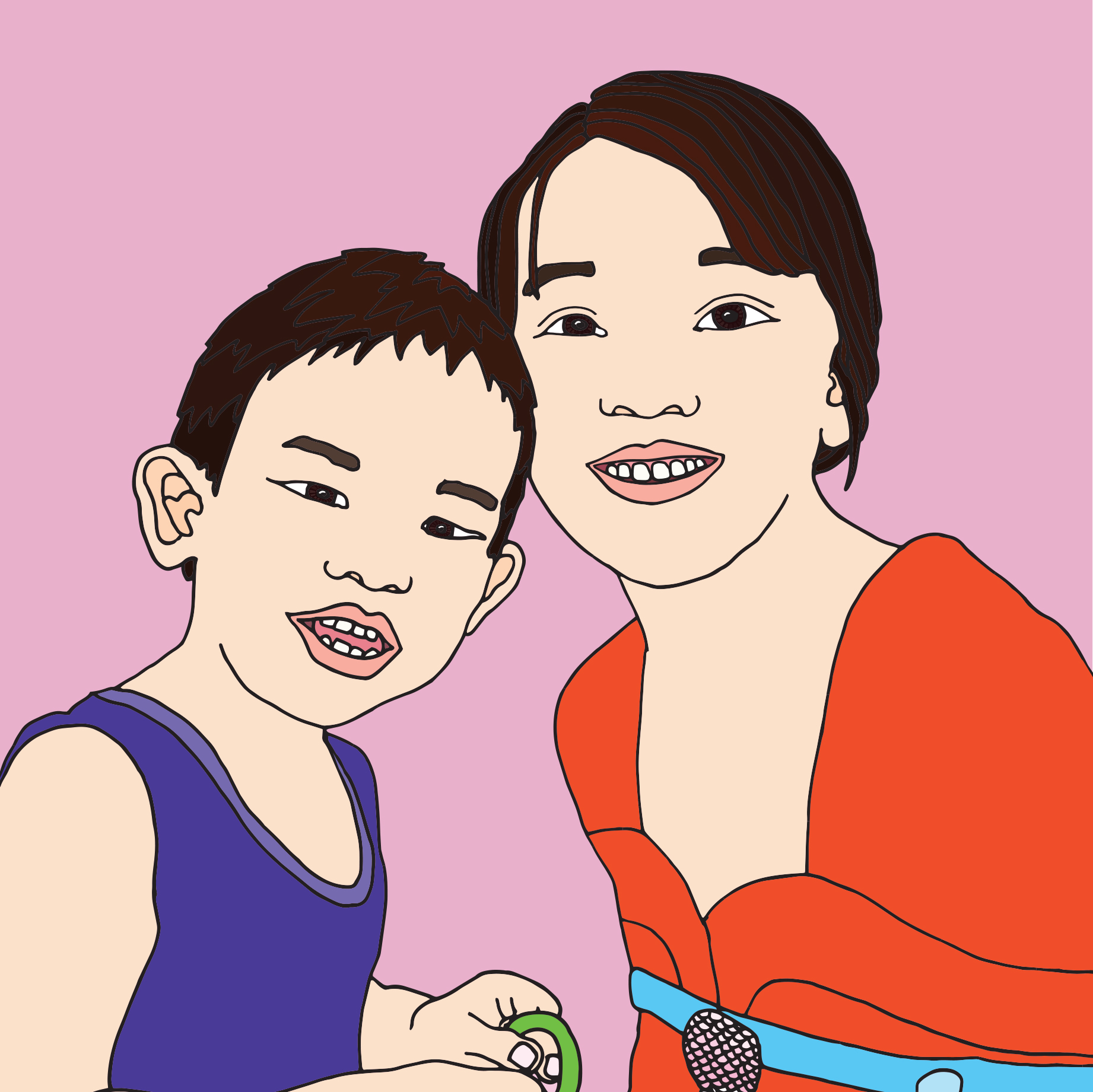Anonymous Story

It’s hard to really understand what a partner going through parental depression is really thinking. Our children were quite simply bundles of joy and happiness in their infancy (and still are!). We certainly had a lack of sleep and challenges, but to me this was just parenthood and something all parents went through. It was upsetting and frustrating for me. There was no apparent reason for this depression my partner was experiencing and I felt helpless to resolve anything. Looking back, I wish I could have done more. But really, I don’t know what that could have been. I gave all I could. Time, space, love, care. It only helped momentarily. The effects on me were varied. Most of the time I was able to go on and be the parent and partner I needed to be. To care and support was really all I could do. But my own social life and wellbeing deteriorated somewhat because of it. I gave every opportunity for timeout to my partner to get away and clear the head, but to take that time myself was a bit harder considering I already spent 5 days a week 9 hours a day out of the house. I felt I needed to be there as much as I could to help.
We didn’t have any mental health support for my partner during the time of our first child. We didn’t even know it was perinatal depression. Looking back, my partner doesn’t remember the joy and happiness I recall. What helped make a difference was when I had a fairly serious and unfortunate accident, which actually set the wheels in motion for change. As a result I was required to stay home for 3 months and it meant that we were all together, all the time, working through parenthood. This time together helped with working out the challenges my partner faced and how to work towards improving things.
When we had our second child, a surprise, 7 years after our first, it was met with apprehension by my partner. Loss of freedom, sleepless nights again, etc. This anxiety grew and grew. But we did have support this time. I think our midwife must have put us onto Perinatal Support Nelson. Knowing that my partner was able to speak to someone who knew what she was going through made a huge difference and I didn’t feel so helpless. We were eventually able to move on and enjoy our child’s youth together, while also finding a way to recharge and enjoy our spare time. For me, it was mountain biking.
Anonymous
“The thoughts you are having are not uncommon. In fact it’s astonishing how many women have gone through some form of perinatal depression. So ask for help, don’t feel ashamed. And be sure to make some time for yourself and your special ‘fix’.”
Anonymous
Blue Stories Project
Mental Health Awareness Week is upon us and visual artist, Karolina Gorton, is brightening up the streets of Aotearoa with her vibrant pop-art-with-a-purpose. That purpose is to shine a light on perinatal depression, an illness that all too often goes undiagnosed and often carries with it a stigma that is unhelpful and unjustified.
This nationwide poster campaign (26 September – 8 October) is part of the wider Blue Stories Project. The stories from the posters, and more from around Aotearoa, can be experienced online at bluestoriesproject.com or in person at a number of exhibitions that are popping up around the country. Currently there is an opportunity to connect with 12 stories and portraits created in collaboration with Well Women Franklin at Pukekohe Library, in Auckland (until September 30). A second exhibition opens in Canterbury at South Library in collaboration with Perinatal Wellbeing Canterbury at 1pm on September 24. All are invited to attend to hear guest speakers, enjoy some refreshments and to connect with the exhibition.



